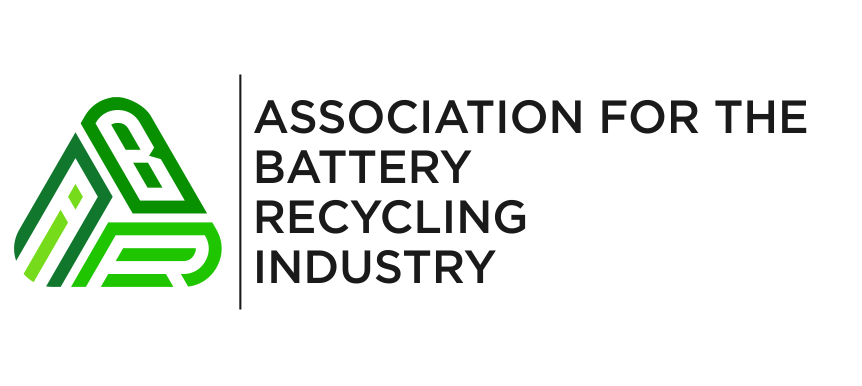Industry United in Urgent Need for National Mandatory Battery EPR Scheme Now!
13 August 2025 Australian industry is united in calling on Australia’s Environment and Energy Ministers to urgently act to deliver the promised mandatory battery producer responsibility scheme nationally. This should cover all battery chemistries with low recovery rates and battery-powered products.
We now have legislation in NSW and it’s time for the other states to prioritise aligned adoption, as agreed in December 2024.
Australia faces a growing safety and environmental crisis caused by the improper disposal of batteries and battery-powered products. More than 10,000 fires are reported each year across the waste and resource recovery industry, posing risks to workers, damaging equipment, disrupting essential services, and tarnishing social license.
There is a critical lack of dedicated infrastructure to collect, process and remanufacture these products. Only three (3) out of every 20 handheld batteries are estimated to be recovered in Australia every year; the remaining 17 contribute to costly fires in waste and resource recovery trucks and across these networks, while also causing significant environmental harm.
This growing safety risk means we have no time left for inaction.
This challenge is solvable as demonstrated in major global economies, including China, Europe and India, where battery recovery is increasingly linked to national security goals through the recovery of critical minerals. This is supported by a strong focus on recycling batteries domestically and not permitting exports.
At the same time, this is a wasted opportunity to recover valuable materials and reduce pressure on the environment. Australian research, building on our mining metallurgical experience, is leading the way in sustainable metals recovery from batteries.
Battery recycling is a critical element to enabling the clean energy transition and supporting the convenience of modern consumer technology. Now is the time for governments to act decisively and work together to apply international best practice for the benefit of Australia.
Ministers, we call on you to act with urgency.
About ABRI: chain for batteries to accelerate Australia’s path to sustainable decarbonisation. It represents over 60 members from across the battery value chain who provide recycling services for all battery chemistries and applications, including e-waste recyclers. For more information, go to the ABRI website
About ACOR: The Australian Council of Recycling (ACOR) is the peak industry forum for resource recovery, recycling and remanufacturing, leading the transition to circular economy in Australia. ACOR represents a growing industry that contributes almost $19 billion in economic value, generating broad social and environmental benefits. Our sector collects, sorts and reprocesses material, and makes new products with recycled content, creating more jobs for Australians. acor.org.au
About WMRR: The Waste Management and Resource Recovery Association of Australia (WMRR) is the national peak body representing Australia’s $17 billion waste and resource recovery (WARR) industry. With more than 2,300 members from over 400 entities nationwide, we represent the breadth and depth of the sector, including representation from business organisations, the three (3) tiers of government, universities, and Non-Government Organisations (NGOs), including research bodies.
About SMEC: The Smart Energy Council is Australia's peak industry body for renewable energy, representing over 1200 members. Smart energy solutions are driving Australia's path to decarbonisation, stewardship is a central tenet of the renewable energy transition.
